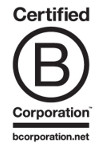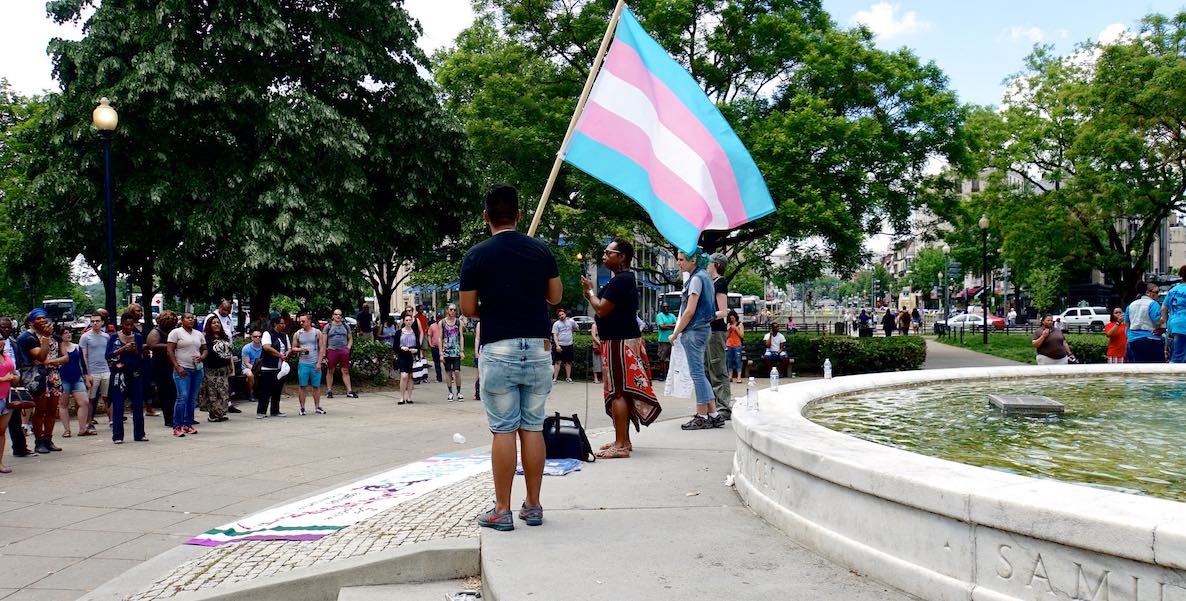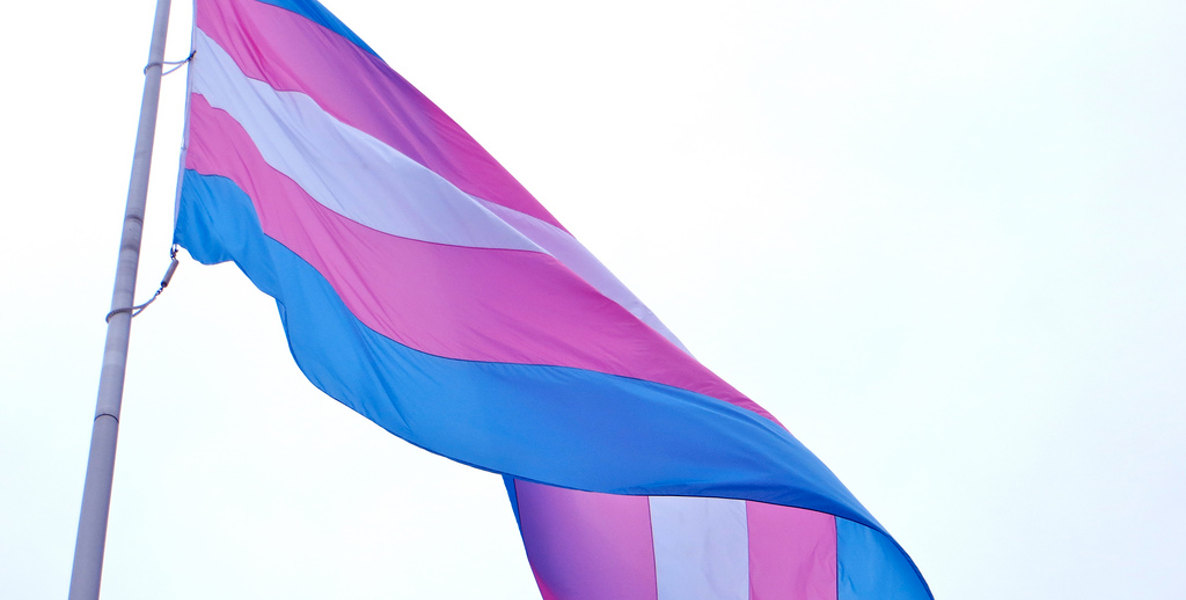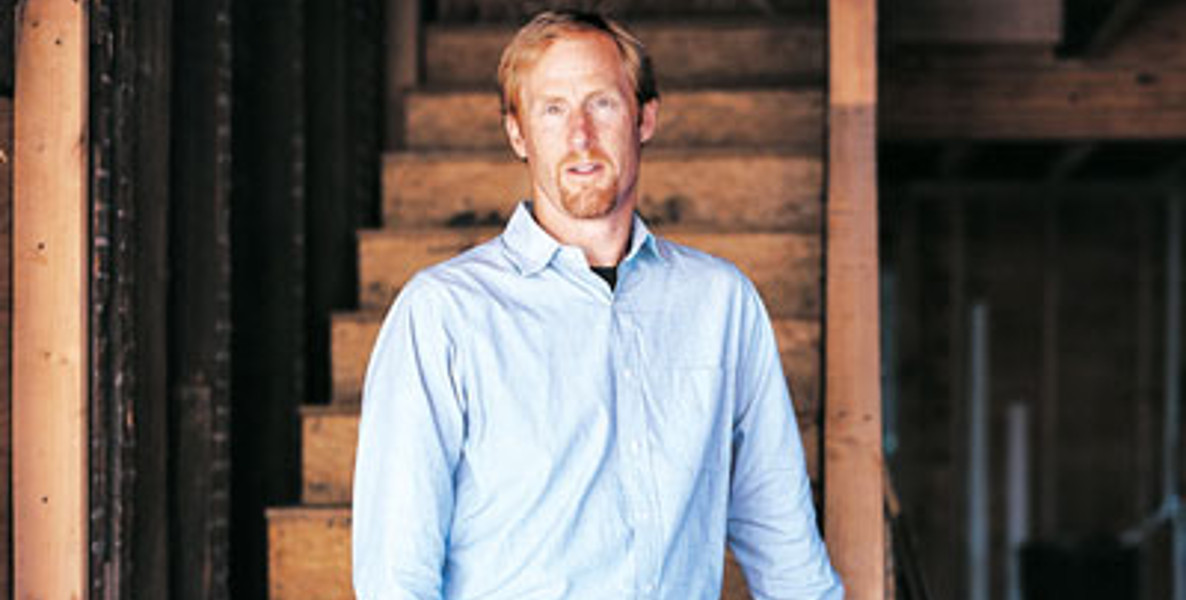In April, around the time that Bruce Springsteen canceled a North Carolina performance because of the passage of HB2, the law that makes it harder for LGBT citizens to sue when they are discriminated against in the workplace and requires people to use bathrooms that match the biological sex indicated on their birth certificate, Wayne-based B Lab joined the effort to overturn the law. Saying that “our engagement is as important as our withdrawal,” B Lab, the nonprofit that jumpstarted the international B Corp movement, announced it wouldn’t be holding its annual Champions of Change retreat in the Tar Heel state if the law remained on the books. Co-founder Jay Coen Gilbert and a handful of socially conscious CEOs began lobbying elected officials to come to their senses.
At the time, we argued that Philadelphia should see the controversy over HB2 as an opportunity. Last week, Coen Gilbert and his team threw in the towel—at least for the time being—and announced that the retreat, with its roughly 1,200 visitors and nearly $1 million in economic impact, would relocate to Philadelphia. It comes at a propitious time, right when some are trying to brand Philadelphia as the most B Corp friendly city in America.

B Lab’s insignia—the B stands for Benefit—confers a type of Good Housekeeping Seal of Approval when it comes to social responsibility for its 1,700 member companies, including well-known brands such as Patagonia and Ben & Jerry’s. B Lab has created a new type of company, the B Corp, which extends members’ fiduciary responsibility beyond just shareholders, to stakeholders such as employees, the environment and the surrounding community.
As outlined in a Harvard Business Review article headlined “Why Companies Are Becoming B Corporations” last week, the rise of B Corp Nation represents nothing less than a radical reimagining of the values that inform capitalism. B Corp firms, the study’s authors write, “believe ‘the major crises of our time are a result of the way we conduct business,’ and they become a B Corporation to ‘join the movement of creating a new economy with a new set of rules’ and ‘redefine the way people perceive success in the business world.’”
In other words, the rise of the triple bottom line—profit, people and planet—is more than a slogan. It’s a way to bring purpose to the business of business, and proof that egalitarian values and capitalism need not be mutually exclusive, a much-needed prescription for economic reform at a time when the political blame game would have us believe that our choices for constructive economic growth are solely between socialism and Ayn Rand-fueled corporate greed. “We can’t achieve our vision of a more shared and durable prosperity unless we build an inclusive economy that creates opportunity for all,” Coen Gilbert said when I caught up with him last weekend. “That’s not possible with HB2 on the books. As soon as HB2 is repealed, we’ll be thrilled to go back to North Carolina.”
Coen Gilbert spent the last two months engaging North Carolina lawmakers on this issue. To be clear, Coen Gilbert and his band of socially conscious chief executives are not activists or protestors. He’s an entrepreneur who helped build the basketball apparel company And1 into a $250 million business before he and his partners cashed out in 2005. The Republican Party was once the party of business, and North Carolina Republican lawmakers, who control the state’s House, Senate and Governorship, found themselves face to face with CEOs who were making a practical bottom line case against the discriminatory law. There was, for example, the CEO of a North Carolina tech firm who explained that the first 20 minutes of a pitch to Silicon Valley venture capitalists found him having to defend his home state’s bathroom law.
“Those are precious minutes wasted talking about bathrooms instead of your vision for your business,” Coen Gilbert explains. “The law had put this CEO at a competitive disadvantage when he was competing for investment capital.”
In the end, the Republican leadership in North Carolina doubled down. When the Republican candidate for Attorney General exhorted a rally to “Keep our state straight,” it was clear that rescinding the law’s provision policing bathroom usage would be a nonstarter. “Overwhelmingly, the message we delivered was that our community wouldn’t be able to bring their whole selves to work in an environment that feels hostile to some in our community,” Coen Gilbert says. That’s when B Lab turned to Philly.
Back in 2009, Coen Gilbert and his team were taken by surprise when then-Councilman Jim Kenney became the first politician in the nation to pass a tax credit for certified B Corps; the Sustainable Business Tax Credit maxed out at $4,000 per year. Earlier this year, Councilwoman Maria Quiñones-Sánchez sought to double the credit and increase exemptions in the business income and receipts tax for B Corps. “We can make Philadelphia the B Corp capital of the world,” Quiñones-Sánchez said at the time. (City Council ended up approving a version of the bill that keeps the tax credit at the same value, but extends it for another five years and permits hundreds of additional businesses to qualify.)
It sounds good to Coen Gilbert. “I can imagine talking about our inter-dependence at Independence Hall,” he says. “There’s no place better to talk about the importance of an inclusive economy than the City of Brotherly Love.”
We can, as Councilwoman Quiñones-Sánchez said some months ago, position ourselves as the B Corp capital of the world. That would require a vision for inclusive and egalitarian economic growth, and then it would require selling the city on such an uplifting self-definition.
So come October, Philly will play host to the Global Champions Retreat at the Sheraton Society Hill, where an army of entrepreneurs will convene to explore how each can help the other advance the radical notion that business can be a force for social good. There will be B Inspired, a street festival and series of public talks, and a conference for university educators shaping the burgeoning curriculum of socially responsible capitalism.
The Kenney administration didn’t lobby B Lab to relocate the retreat here, but now that it’s coming, how about seizing on it? Now that we’ve thankfully entered the post-soda tax era of the Kenney administration, we need a vision for the future—and just raising taxes ain’t it. We need a new story, one that we both tell ourselves and others. One that answers the question: Who are we? Boston has been answering that question for themselves. They’re a city on an economic growth upswing, having persuaded General Electric to relocate to Beantown, and having swiped the Forbes 30 Under 30 Summit from us.
Last week, in a press release, the City highlighted the fact that B Lab’s retreat would bring in nearly $1 million in economic development for Philadelphia. But the Global Champions Retreat could pay off in far more lucrative ways. We can, as Councilwoman Quiñones-Sánchez said some months ago, position ourselves as the B Corp capital of the world. That would require more than luck and a press release. It would require a vision for inclusive and egalitarian economic growth, and then it would require selling the city on such an uplifting self-definition. In some ways, passing the soda tax was the easy part. Now Jim Kenney has to give us a vision for what his $4.2 billion budget makes us look like. Jay Coen Gilbert may have just given him the beginnings of an answer.
Photo header: Flickr/Ted Eytan





